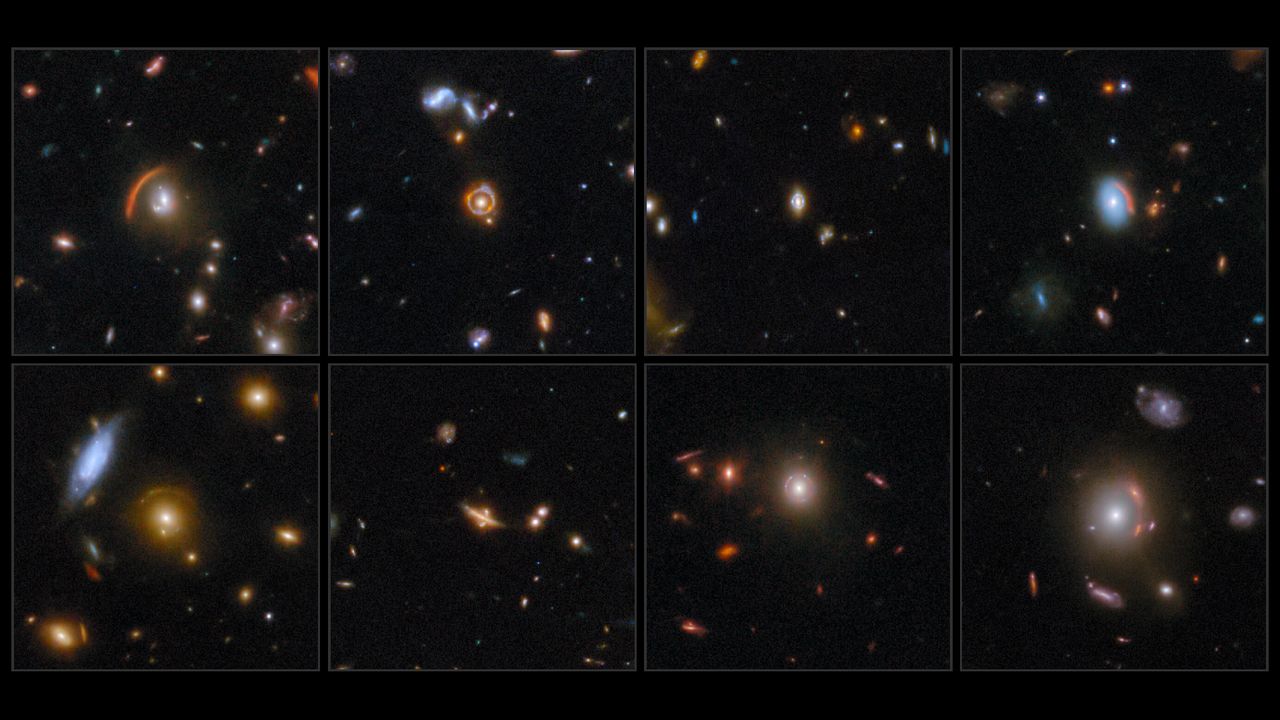The James Webb telescope proves Einstein right, 8 times over — Space photo of the week
PositiveScience

The James Webb Space Telescope has made headlines by showcasing eight stunning instances of gravitational lensing, a phenomenon that Albert Einstein predicted over a century ago. This remarkable achievement not only reinforces Einstein's theories but also highlights the advanced capabilities of modern astronomy. The images serve as a testament to the telescope's potential to deepen our understanding of the universe, making this discovery significant for both scientists and space enthusiasts alike.
— via World Pulse Now AI Editorial System